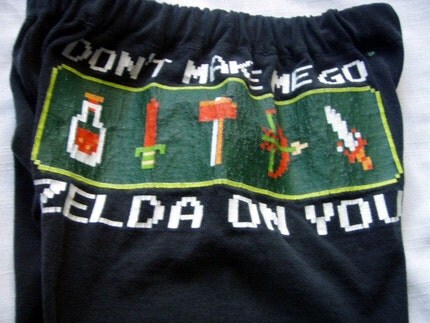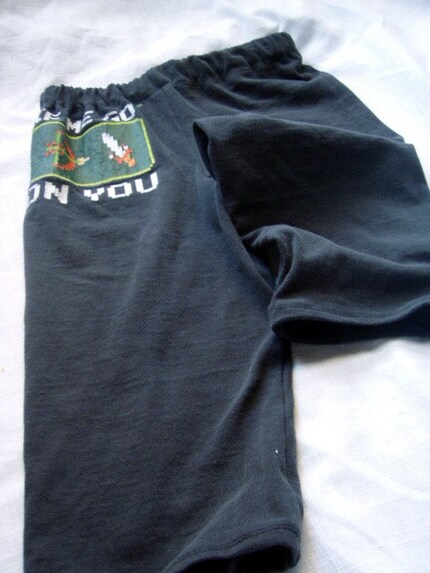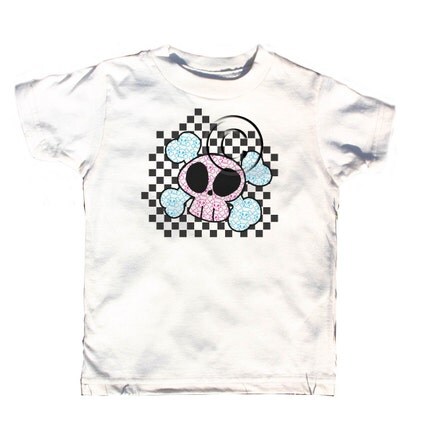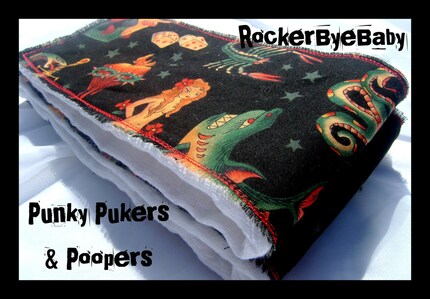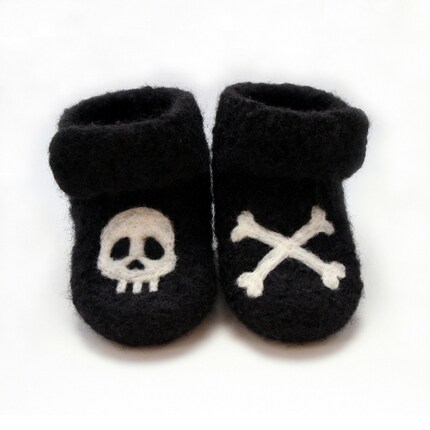
This week's blog is a question that quite literally irks my nerves. I have a friend that strongly believed that being Vegetarian/Vegan was unhealthy. This friend had no evidence to back up these thoughts except for what our society tells them to think. Another perfect puppet of society.
While being Vegetarian is generally healthier, I don't think there is a right or wrong answer to this topic because it all depends on the individual. Why? Because let's face it
, how many of your carnivorous friends eat their 8-12 servings of veggies a day? I know most of mine don't. And then if you're vegetarian it's equally important to make sure your diet contains the nutrients you might be lacking from meat-eating diet. So let's break it down shall we?
Benefits of a Vegetarian Diet:
Let's start with bringing a stop to the carnivore's generalization that being Vegetarian is unhealthy. Here are a few reasons why being a Vegetarian can be healthier.
Some studies show that veg
etarians suffer less from heart disease, some cancers, high blood pressure and type 2 diabetes, and that they live longer than meat-eaters.
Other obvious benefits of being vegetarian is that their diet contains lower levels of saturated fat, cholesterol, and animal protein.
It also contains higher levels of carbohydrates, fiber, magnesium, potassium, folate, and antioxidants such as vitamins C and E and phytochemicals.
So then what could a vegetarian diet possibly be missing? Here are a few myths we'll put to bed.
NUTRIENTS Veggie VS Meat & Dairy:
There is the claim that a Vegetarian diet lacks certain nutrients and vitamins than that of a typical meat-eating dairy-consuming diet. Animal and dairy products are seen as a key source of Iron, Calcium, Vitamin B12 and Zinc. And then there's the commonly asked question of Protein, of course, because how on earth can you get protein without meat? Don't worry, I will get to that for the narrow-minded. As for the other nutrients, aside from the fact that most of them are now added to a variety of foods such as non-dairy milk products as well as cereals, they can also be easily found in other plant-sources. And guess what? These same nutrients are added to a large majority of products for you carnivores as well--guess you're not getting all your nutrients either then are you?
All the little myths and misconceptions aside, it really all comes down to having a healthy and balanced diet, and this goes for both Vegetarians/Vegans and Carnivores alike!
OMEGA 3:
Some argue that a vegetarian diet lacks Omega 3 (which is easily sourced from fish).
However, fish is not the sole sources of Omega 3, it is also fou
nd in a number of plant-based sources such as soy, walnuts, pumpkin seeds, canola oil, and especially flaxseed and hempseed. Problem solved.
PROTEIN & IRON:
I feel silly having to address the issue of protein, but I would enjoy bringing some enlightenment to this issue.
First off, on average people consume twice as much protein as we need. Not only is this certainly quite the waste of resources and dead animals, but consuming too much protein also puts stress on the Kidneys, and can cause B6 deficiencies because our bodies require this vitamin for protein intake.
Meat may be an easy source of protein but it is also an unhealthier choice. Humans are not carnivores by nature. We do not have the same digestive tract as other carnivores because we do not contain the same levels of hydrochloric acid as they do, and most of their digestion occurs in their stomachs, whereas ours is in the intestines. We can not completely digest animal protein like other carnivores can, which means chunks of undigested meat may stay inside your intestinal tract for anywhere from 20 to 48 hours--and if you're not healthy much longer. So quite literally, this meat is decaying inside of you and produces poisons that become pathogens and toxins within the body. Not to mention meat in the supermarket is colored with sodium nitrates and sodium nitrites to make it look appealing rather than its

natural gray-green color. These color additives are cancer-causers in humans. Meat is also full of antibiotics, sedatives, growth hormones, and chemical feed mixtures which are carried on into your body with consumption. These antibiotics kill off most of the good bacteria in your long intestinal tract. On top of that, some of that decaying meat will never leave your body and creates an inner lining on the intestinal wall which interferes with proper digestion.
While meat does contain about 5 to 10 times the amount of protein as most vegetable sources, since we over-consume protein as it is, we are eating much safer amounts when being veget
arian. And there are lots of good, healthy choices of Vegetable Protein that don't contain the same unhealthy cholesterol, and saturated fat levels of red meat. Take Quinoa for example, one cup contains about 28 grams of Protein. Or how about a cup of Lentils which contains 10 grams of protein. Other easy sources are beans, nuts, and even vegetables. While we're on the subject, the world's biggest and strongest animals, such as elephants, gorillas, and rhinos just to name a few, all build their strong bodies with vegetable protein.
Once again, balance is everything. And being vegetarian means you do still need to make sure you consume your average daily amount of protein, while you meat-eaters might want to be reducing yours. ~_^
You already know the problems with animal protein, so you understand you have the same issues to face for the consumption of Iron through meat-sources. And to put those rumors furthermore to rest, Vegetarians do not have a higher incidence of Iron deficiencies than Meat-eaters! Dried beans and dark leafy vegetables are especially good sources of Iron because Iron consumption is increased when consumed with foods containing vitamin C as well. You can also find good levels of Iron in chickpeas, spinach, pinto beans, and soy products. Once again, problem solved.
VITAMIN B12 and ZINC:
Vitamin B12 and Zinc are one area that require special attention for Vegetarian and Vegan Diets. Because these are not readily absorbed by the body from vegetarian sources, Vegans usually require a supplement. Vegetarians can still get this vital vitamin from Eggs and Dairy Products, and of course Meat-Eaters have the advantage with their carnivorous diets which all contain high amounts of B12 and Zinc. Don't begin to fret yet though fellow Vegans, B12 Can be found in other sources that allow you to still stay away from decaying flesh and baby cow's milk.
Vitamin B12 has been found in high levels in Nutritional Yeast; about 2 rounded teaspoons will provide your daily recommended intake. Both Vitamin B12 and Zinc are both now commonly supplemented in fortified milk & meat alternatives, as well as most cereals in the western world--always check the labels to check how much it contains. Of course, the easiest soluton is to take a supplement or multi-vitamin just to be safe. This is my preferred option and I recommend anyone take a daily multi-vitamin anyway to make certain they are getting all their daily vitamins and minerals. ^_^

CALCIUM:
You hear it all the time; adds on TV and on billboards are drilled into your brain on a daily basis...Milk is a good source of Calcium, and you need it to have strong bones. Well it wouldn't be a lie to say that this information is biased and inadequate. "The dairy industry and milk processors invest hundreds of millions of dollars each year to guarantee that Americans will continue to drink milk and eat dairy products, investing their money to continually let Americans know that milk tastes good and the intake of milk and dairy products must be continued to insure good health."
So now maybe you're thinking, What? It's not true? I don't NEED Milk for calcium? The fact of the matter is no, you most certainly do not. So then, no, Vegetarians do NOT lack Calcium!
Looking at this chart you'll notice that the first 7 foods listed are plant-based, while the dairy products are below and mixed in closely to a number of even more plant-based sources. Now, of course this chart is not a full list of calcium sources, but it's an example so stay with me here.
It's time to crush the rumors right?
Adequate amounts of Vegetables are BETTER Sources of Calcium than Milk and Cheese. And no, it's not just Kale and Broccoli, ALL vegetables contain calcium. Why is it better than Dairy products? Because plant-sourced Calcium stays in the bones and is more easily absorbed then the calcium found in milk products. Plant Proteins also do not result in calcium loss such as the way of Animal Protein (which, yes, of course is found in high amounts in milk products); Animal Protein has been shown to create calcium loss through the urinary tract, up to 50% of the consumed calcium.
So why is calcium loss a problem? Because it leads to osteoporosis, not a Lack of Calcium as we are led to believe. And so what's the difference between lack or loss? Calcium loss is all the excess calcium that doesn't get absorbed by the body. This excess Calcium then builds up on the arterial walls which becomes atherosclerotic plaque (Atherosclerotic heart disease is the leading cause of death in the US), and the excess calcium also contributes to arthritis.
So really we're just going in circles now aren't we? Which is really better? Stealing Milk and dairy from baby Cows which our body doesn't even absorb properly? Or naturally found calcium in plants that our body will more easily absorb? To me the answer to this is fairly obvious.
Calcium in Milligrams per 100 Calories
-------------------------------------------
Arugula..........................1,300
Watercress...................... 800
Turnip greens.................. .650
Collard greens................. 548
Mustard greens.................490
Spinach........................... 450
Broccoli.......................... 387
Swiss cheese................... 250
Milk (2-percent).............. 245
Green onions................... 240
Okra............................... 213
Cabbage......................... 196
Whole milk..................... 190
Cheddar cheese.............. 179
American cheese............. 160
--------------------------------------------
CONCLUSION:
While it is true that most Vegans/Vegetarians are generally more health-conscious people it is still in the hands of the beholder. A Vegetarian diet has many benefits over a Carnivorous diet when eating right and eating balanced. So you Carnivores can think what you like but the facts are there. It all depends from person to person. Take care of your body, exercise, watch what you eat and you will be healthier. Vegetarians and Vegans are some of the healthiest people in the world, keep that in mind the next time you decide to frown upon your Vegetarian and Vegan friends or encounters. ~_^
************************************
http://exercise.about.com/cs/nutrition/a/protein_2.htm
http://www.indoorclimbing.com/Protein_Requirement.html
http://books.google.ca/books?id=plKHjkCSAecC&pg=PA152&lpg=PA152&dq=meat+a+bad+protein&source=bl&ots=Pg7nYcrxxl&sig=-FCD3-veDnuxMsAfCAxZyclxkEo&hl=en&ei=x-zUSoT9I4ScMMCIxZQD&sa=X&oi=book_result&ct=result&resnum=6&ved=0CBwQ6AEwBQ#v=onepage&q=meat%20a%20bad%20protein&f=false
http://owen.curezone.com/nutrition/animalproteinbad.html
http://www.vrg.org/nutrition/iron.htm
http://www.vrg.org/nutrition/b12.htm
http://www.eufic.org/page/it/faqid/vegetarian-diets-meat-based-diets/
http://www.medicalnewstoday.com/articles/41660.php
http://www.medterms.com/script/main/art.asp?articlekey=25928
http://www.all-creatures.org/health/dairyprod.html
http://www.vegansociety.com/food/nutrition/
If you found this article to be helpful, please consider a small donation or visit
the shop. Thank you for your love and support.

